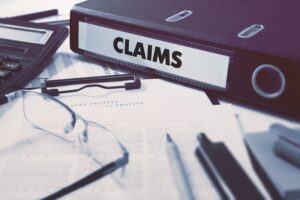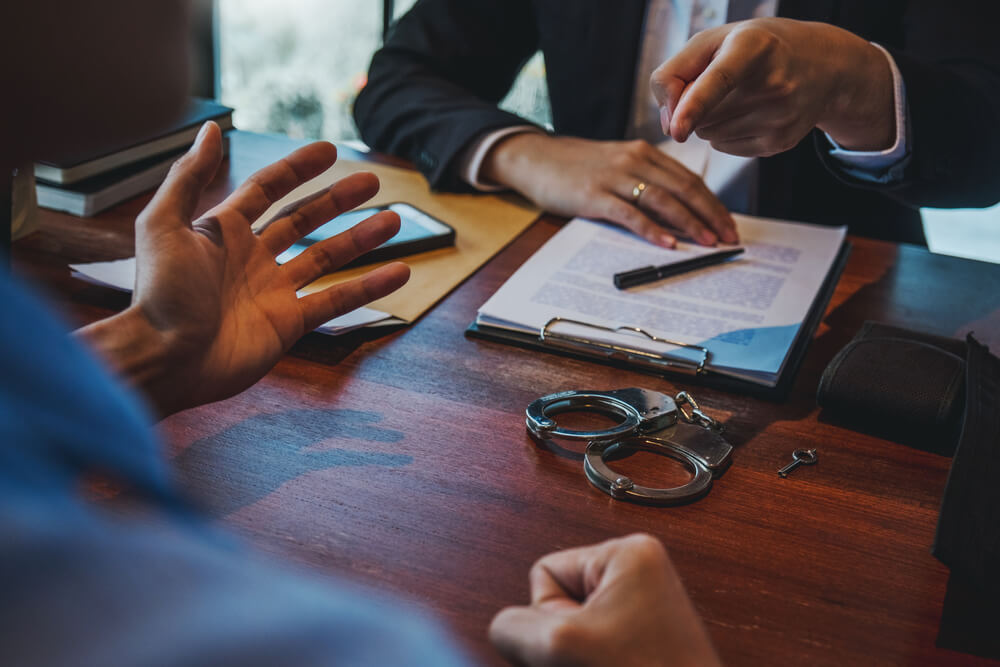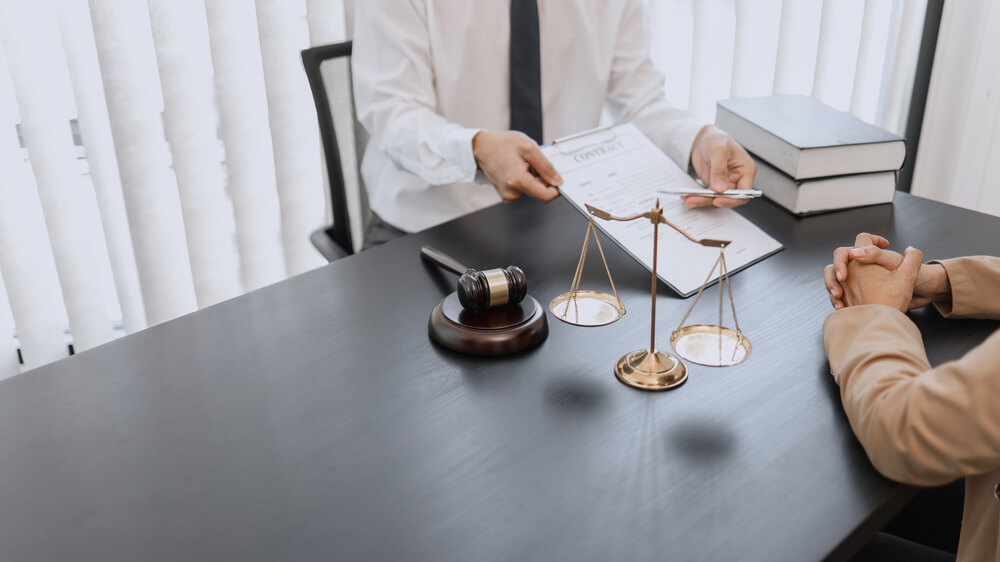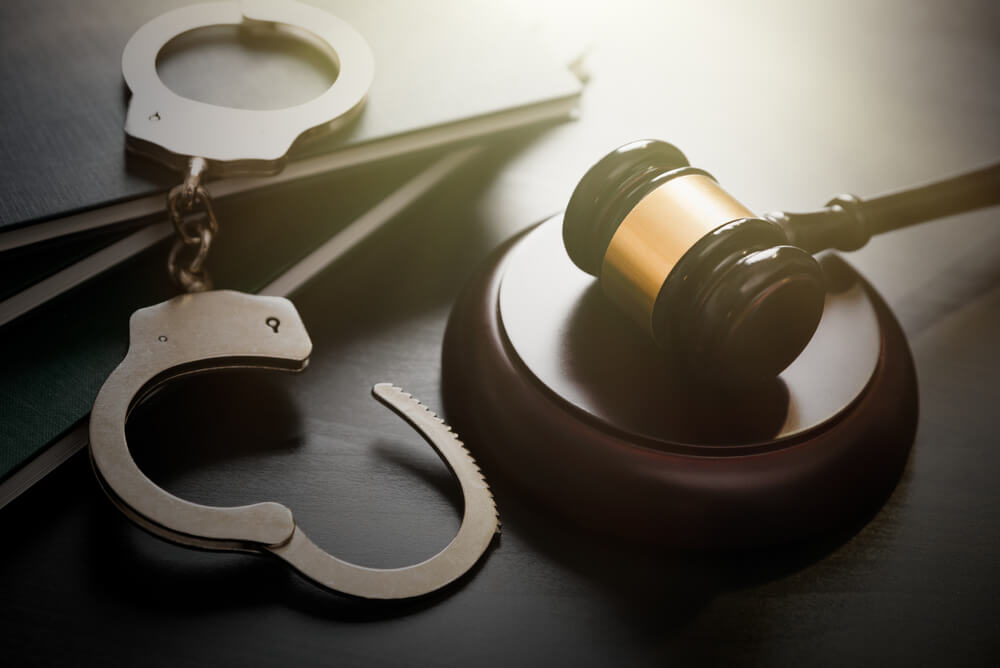We all use standard household and other products professionally manufactured and designed that we trust. However, manufacturers sometimes fail to manufacture or design products properly or warn consumers of their products’ dangers. You may be entitled to compensation for your injuries if you get hurt because of a defective product. Continue reading to learn what steps you must take to file a defective product liability claim. An experienced product liability attorney can help you navigate this complex legal process.
What Is a Product Liability Claim?

A product liability claim is a legal action that a consumer can use to collect compensation after suffering from an injury caused by a defective product.
You may name many defendants in a product liability claim, including the:
- Manufacturer
- Retailer
- Wholesaler
- Distributor
Product liability claims aim to keep entities that place items in the marketplace accountable for releasing only safe products that will not leave consumers at risk of injury.
Injuries may result from:
- Medical devices
- Car parts
- Food
- Household appliances
- Chemicals and cleaning products
- Children’s toys
- Industrial equipment and machinery
- Cosmetics
- Pharmaceutical drugs
Elements of a Defective Product Claim
The law requires that a product liability plaintiff prove each element of the tort to be successful on the merits of their case.
The elements of a product liability claim include:
- The defendant(s) sold the product that the plaintiff alleges caused their injuries
- The defendant(s) is a commercial seller of the product that the plaintiff alleges caused their injuries.
- The plaintiff suffered an injury.
- The product was defective.
- The defect caused the accident.
Every plaintiff must prove each of the above elements. It can be challenging to prove the elements of a product liability case. Most people hurt by a defective product benefit from an attorney’s representation.
How to File a Defective Product Claim?
A product liability claim is a civil claim against a manufacturer, wholesaler, retailer, or distributor for creating or selling a defective product. A defective product has faulty manufacturing or design, or the manufacturer failed to warn the consumer of a dangerous condition that is not apparent to most customers. If you get hurt because of a defective product, you may have a claim against the manufacturer, wholesaler, retailer, or distributor.
Steps to File a Products Liability Claim
1: Gather Evidence
First, you must determine whether you have a potential product liability claim. To determine whether you have a potential claim, start by building evidence regarding the accident.
Get Prompt Medical Care
Immediately seek medical care at a local emergency room if you believe you have suffered an injury from a defective product. When you arrive in the emergency department, speak to the medical staff about all your symptoms and identify the product you believe caused your injury. Getting medical care is the first step to gathering evidence for your claim.
Follow Doctor’s Orders
To put yourself in the best position for a successful product liability claim, ensure that you get prompt medical care. You and your attorney must prove that the defective product caused your injury. Contemporaneous care tends to help connect the injury with the product. In addition to receiving prompt medical care for your injuries, you must follow your doctor’s instructions for continuing care. Failure to follow your doctor’s recommendations for follow-up care can result in an unsuccessful product liability claim.
Gather Evidence of Mental and Emotional Trauma
In addition to evidence of your medical injuries, you should collect evidence of your emotional and mental trauma. These damages are non-economic and intangible, so they are usually difficult to prove. You can typically prove mental and emotional trauma through journals, therapy notes, or witness testimony. Your product liability attorney will probably want to interview your friends and family to understand your mental state before and after the accident.
Gather Evidence of Lost Income
You may be entitled to compensation for lost income and lost earning capacity if you missed work or cannot return to work since the accident. Keep your financial information, including 1099 and W-2 forms and paystubs, organized so you can easily show the amount of money you lost since the accident.
Evidence of injury and damages is the foundation of a product’s liability claim. Your attorney may want to complete an independent investigation to learn more about the facts of your case and begin creating a winning trial strategy. Information learned through your attorney’s investigation will be used to draft a complaint to file in court.
2: Hire an Attorney
After getting proper medical care, the most important part of a successful case is hiring an experienced product liability attorney. Injury cases based on harm caused by faulty products can get quite complicated. Injured parties should meet with and hire a trustworthy product liability lawyer to protect their legal rights.
A product liability attorney can help you in many ways as you work towards getting the compensation you deserve after an accident.
Your attorney can:
- Negotiate with insurance companies or third parties for you
- Give you access to their network of accident reconstructionists, expert witnesses, and other resources to help build your case.
- Protect your legal rights and reduce the chances of losing your case on a technicality by ensuring that your case complies with all applicable procedural rules
Many product liability attorneys work on a contingency fee basis. A contingency fee structure allows clients to defer payment until after the case resolves. The attorney will take a percentage of the final settlement amount, but they will only get paid if you win your case.
3: Draft a Products Liability Complaint
A complaint is a legal document that signals the beginning of a civil lawsuit. You will work with your attorney to ensure they have all the facts of the case, and they will include pertinent facts in the complaint. You must continue to see the doctor, gather medical records and bills, keep track of your lost income, and provide that information to your attorney. Your attorney will need specific information because the legal procedural rules require that you plead the allegations in your complaint in a specific manner.
After drafting the complaint, your attorney will file it with the correct court. There will be a filing fee, and the amount depends on the state where you file the complaint.
Every plaintiff must properly serve each defendant listed in the complaint. This means a defendant must receive a copy of the complaint and summons in a manner that complies with the applicable rules of procedure.
How Long Do I Have to File a Product Liability Claim?
If you choose to file a lawsuit to recover damages from a defective product, you must file a lawsuit or settle your case before the statute of limitations expires. The statute of limitations is a deadline set by law that provides a timeline for initiating a lawsuit.
Statutes of limitations vary by type of claim and state, and they begin to run on the day of the accident or the day the plaintiff discovered their injury. Your attorney will ensure that your case will not risk dismissal for failure to comply with the statute of limitations.
Is Filing a Lawsuit Worth My Time?
If you suffered an injury, you have a legal right to compensation. Defective products can cause major injuries, even death. You may be hospitalized or lose time at work. Expenses can pile up quickly. You do not deserve to carry the burden of the financial loss caused by an accident. A lawsuit may give you the relief you need to put your life back on track after an injury.
The types of damages available in product liability cases include economic, non-economic, and punitive damages.
Economic Damages
Economic damages are tangible. Economic damages are usually apparent and easy to calculate.
These damages may include:
- Current and future medical expenses
- Current and future lost wages and lost earning capacity
- Lost business opportunities
- The cost of repairs to property
- The cost of hiring services to complete domestic services like cleaning, cooking, childcare, and pet care
Non-economic Damages
Non-economic damages include intangible losses injury victims suffer after using a defective product. They are usually difficult to prove and require well-prepared witnesses to testify to any changes they have observed since the accident.
Examples of non-economic damages include:
- Emotional distress and mental trauma
- Pain and suffering
- Inconvenience
- Loss of enjoyment of life
- Loss of companionship
- Loss of consortium
Punitive Damages
Punitive damages serve as a punishment, and courts inflict punitive damages on a defendant if the defendant’s conduct is so outside the bounds of appropriate conduct that no one should act similarly in the future. Limits on the amount and availability of punitive damages depend on the state.
How Do I Choose the Best Attorney?
The attorney you choose can determine the outcome of your case. You want to feel good about your choice to know you are in a good position to get the best outcome for your case. Some things to look for in a product liability lawyer include the following:
Good Communication Skills
Your attorney should be a good communicator. An attorney is an advocate, and their advocacy takes many forms throughout their representation of you. The best attorney for you can use their communication skills to help improve your chances of a favorable outcome. Communication can include speaking to opposing attorneys, arguing in court in front of a judge or jury, writing through emails and letters, etc.
In addition to being a great communicator with third parties, your attorney should communicate effectively with you. A part of an attorney’s job is to ensure you are informed about your case. Your attorney should not delay contacting you about your case’s status.
Excellent at Negotiating
Most civil cases do not make it to trial. Civil cases do not make it to trial because they typically settle before the case heads to trial. Product liability attorneys must have keen negotiation skills because their cases are won or lost during pretrial negotiations.
Ask about the attorney’s success record. In your initial consultation, don’t be afraid to ask how many cases they settled that year or over the past few years and what the results were.
Experience and Success Record
The attorney you choose should have experience handling product liability cases. Product liability is a difficult and highly technical area of the law. Many brilliant attorneys do not understand how to effectively represent injured people that may have a product liability claim.
Research attorneys in your area online, read client reviews, and visit their websites to gauge an attorney’s experience handling product liability cases. You can ask about the attorney’s experience further during the initial consultation.
Experience is great, but you also want an experienced attorney with a successful track record handling similar cases. Choosing an attorney who has won many cases like yours is important because it shows that the attorney knows how to create case strategies that will get you a successful outcome whenever possible.
Lawyer websites or online reviews can be a good place to start to find out an attorney’s track record and possibly past case results. Satisfied clients are usually eager to share their positive experiences with an attorney.
Education
It is fair to ask the attorney you want to hire about their education. You can ask them where they went to law school and about their experiences there, like the training they received in internships, trial advocacy teams, or other activities. You may even learn about their accomplishments that relate to their current representation. The attorney may have skills that will give them an edge for your case.
Contact a Product Liability Attorney in Your Area

If you suffered an injury due to a defective product, you need a skilled product liability attorney working on your behalf. Injured parties who remain unrepresented face many issues trying to get the money they need to fully recover after an accident. Don’t face off against corporate manufacturers alone. Contact a product liability attorney today.



